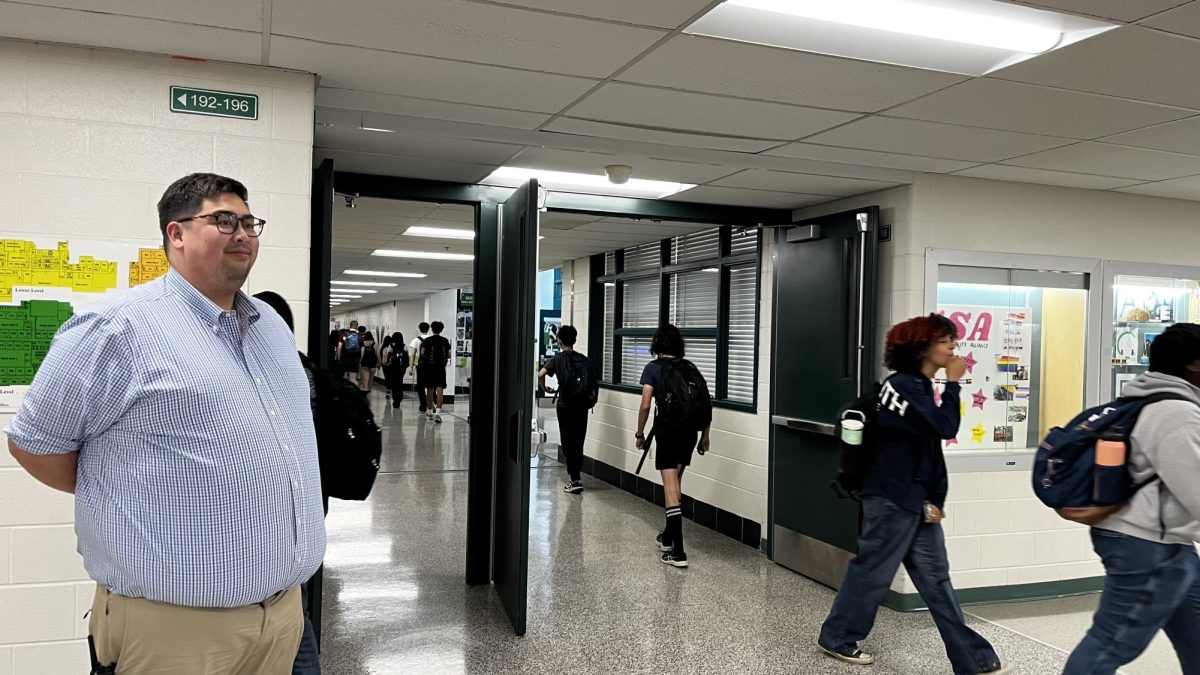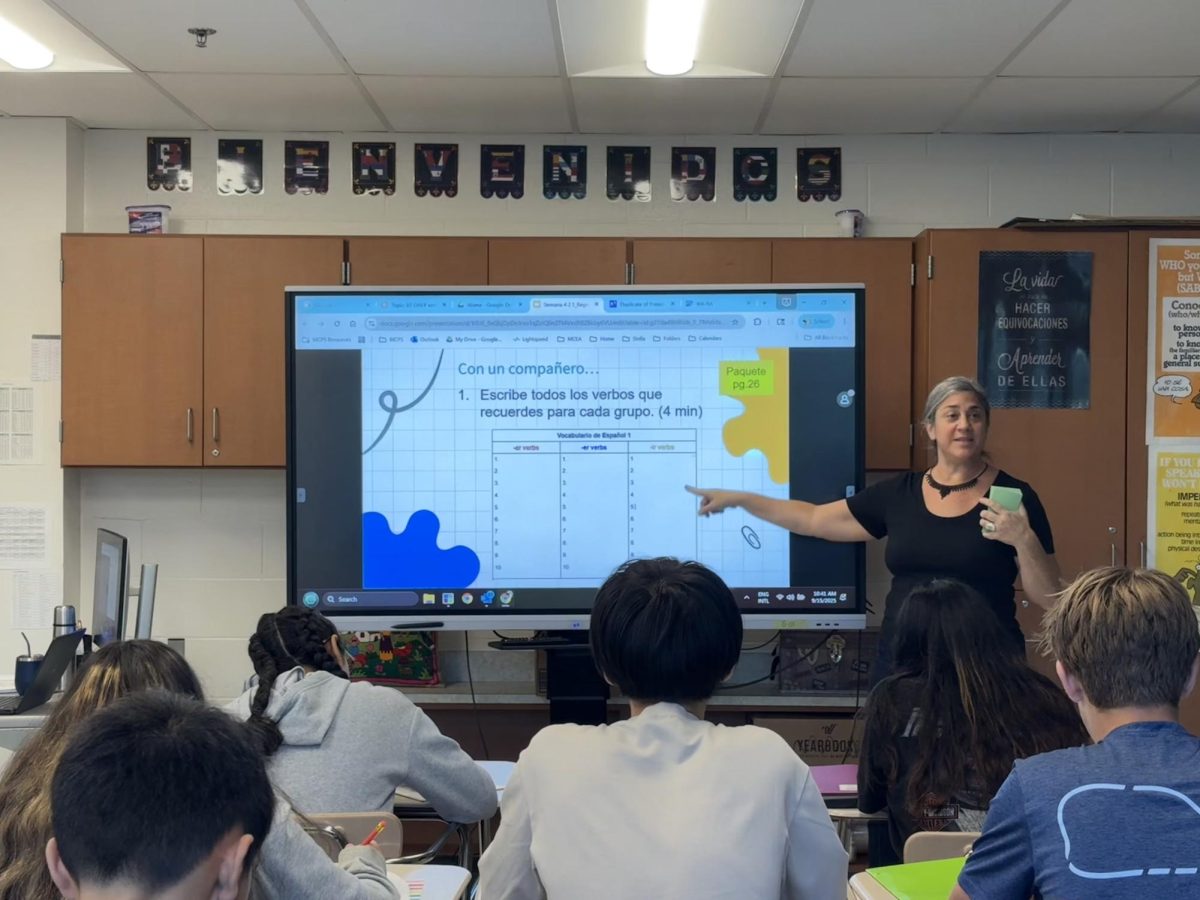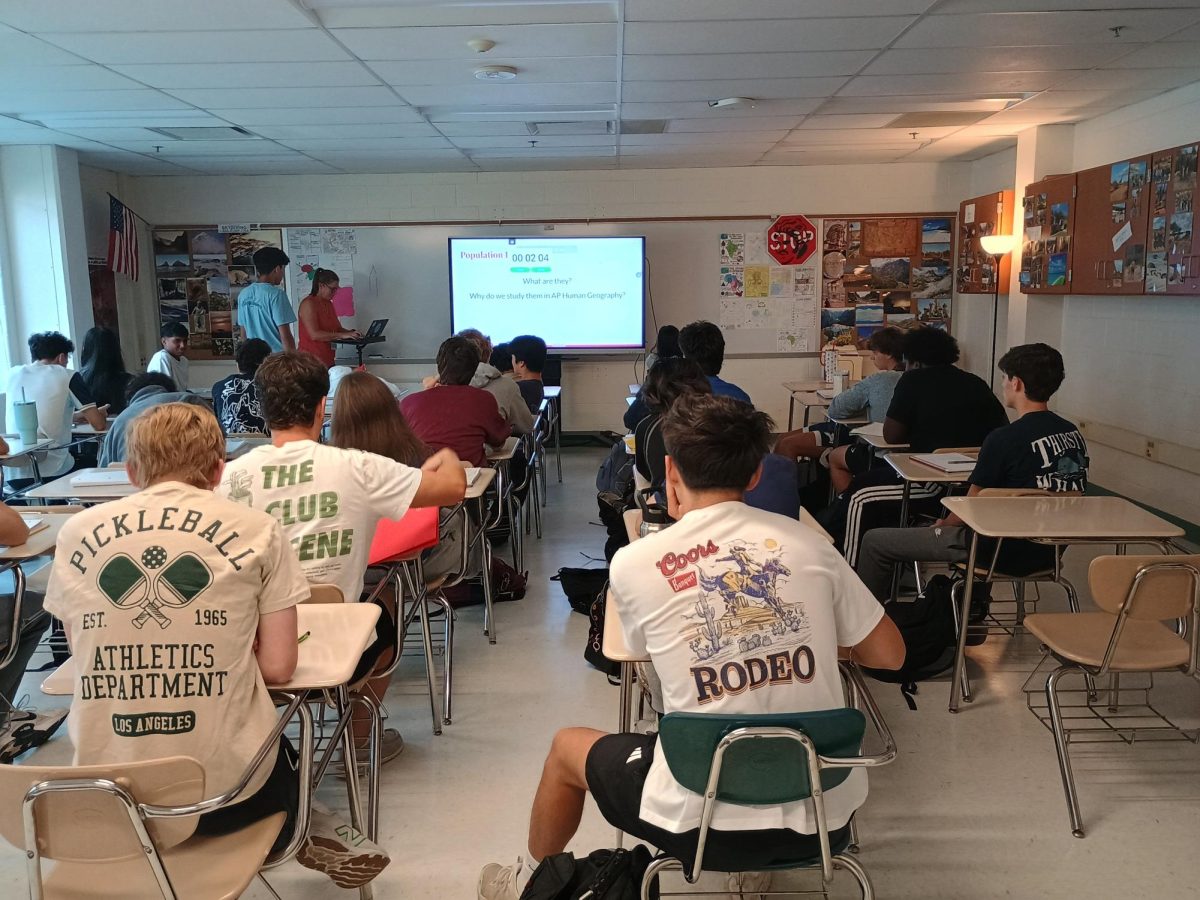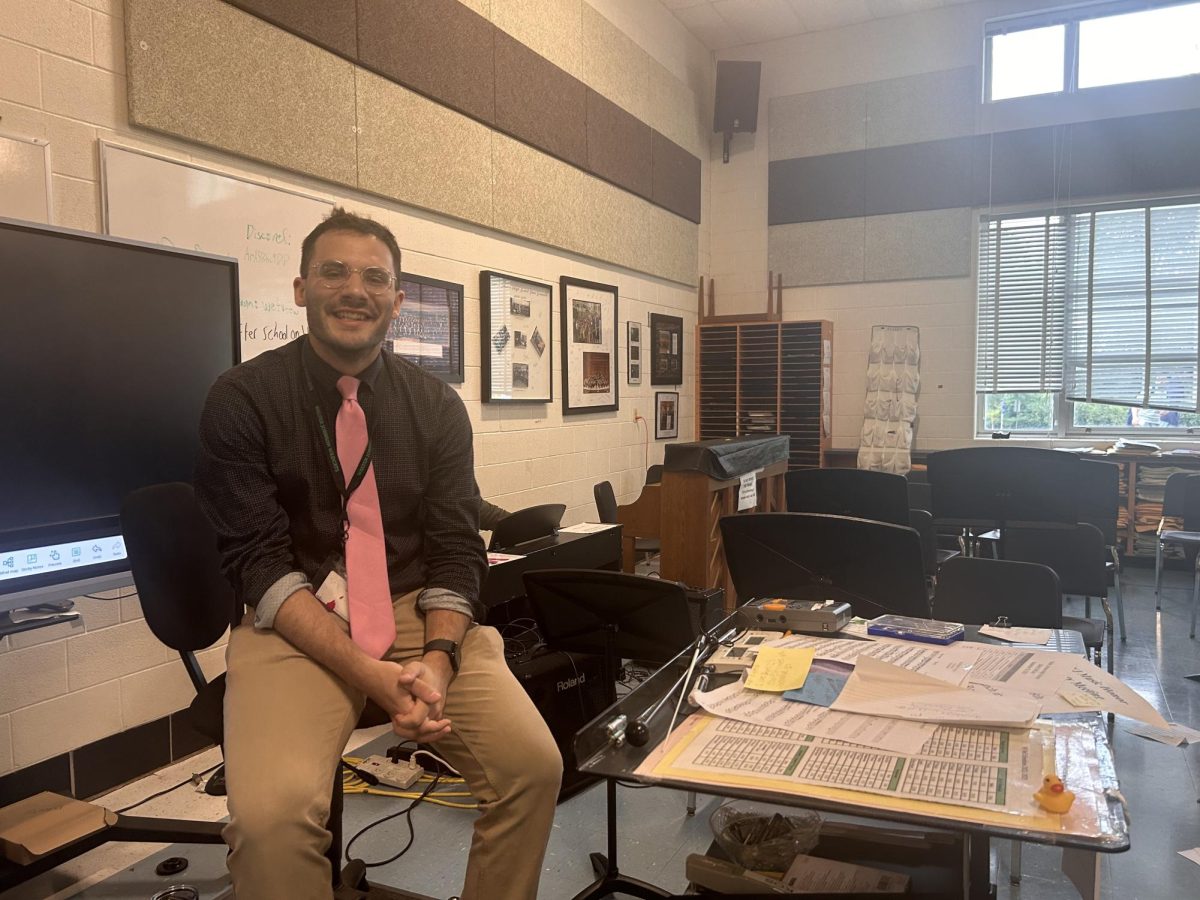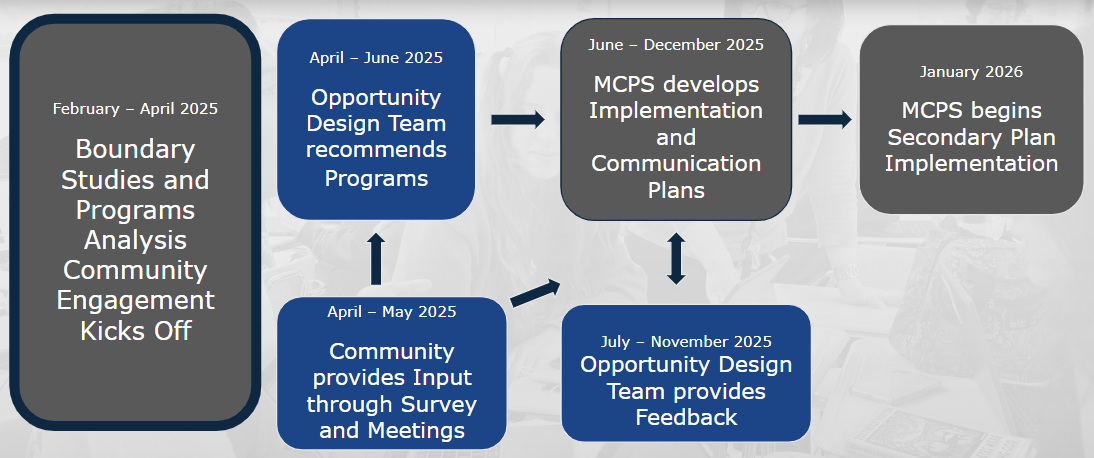Within the college application process, the overload of bureaucracy and requirements has created an intimidating and oppressingly restraining system for undocumented or non-resident students who dream of higher education.
Not only is the Common App hard to navigate for most, but the FAFSA and the financial aid process hinder those who cannot provide a US Social Security number. Moreover, in-state tuition does not include non-resident students due to state schools only aiding those with a documented residence. Many times, students who do not meet the requirements for financial aid are those who need it the most.
Many of the first-generation immigrant students at WJ are welcomed into a warm and inclusive environment through ESOL classes. The English As a Second Language program provides assistance while supporting students both academically and emotionally
ESOL seniors Tornike Sharikadze (Toko), Abubaker Kemal (Abu), and Munkh Irmuun Munkhbst (Irmuun) are residents but first-generation US students. The three students agreed that there are disadvantages in comparison to American students in the application process.
“Students from here know better than we do, the system is completely different from Europe. If [my parents] had been to college here, they would tell me their experience and what to do, but we are the first ones, so we have to find everything on our own,” Toko said.
The seniors agree that the application process can be intimidating, especially for those who do not have family members to guide them through it. However, the school does provide many resources for first-generation immigrant students to achieve their education goals.
There are options for unique backgrounds within counseling as well as within the ESOL department. Not only do ESOL teachers impact students’ development with the English language, but they also offer compassion and emotional support to their students.
Even students who are not part of the ESOL program and fill their schedules with rigorous AP courses have had setbacks due to the convoluted application process for non-American applicants.
“Price tag is a big thing when considering universities, and I feel like as someone who isn’t a permanent resident or even a citizen it’s even more emphasized because I don’t qualify for FAFSA. But, there are opportunities to go study abroad like Europe and different places, and I’m glad to have these options,” junior Sofia Ugarte said.







